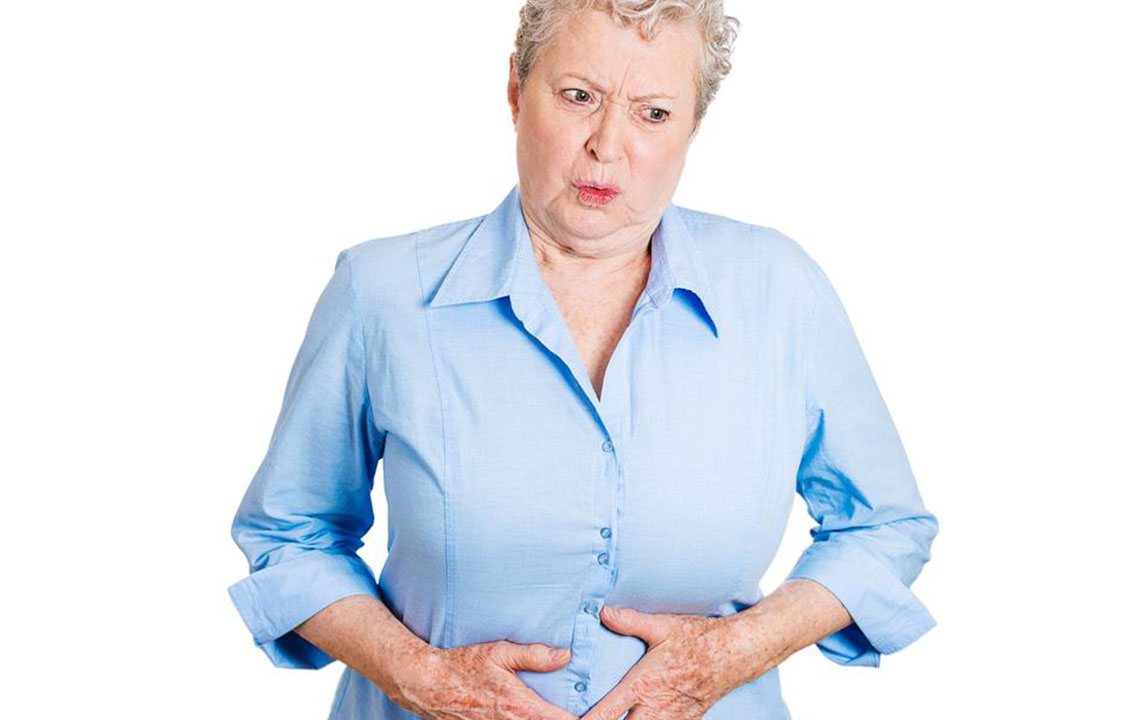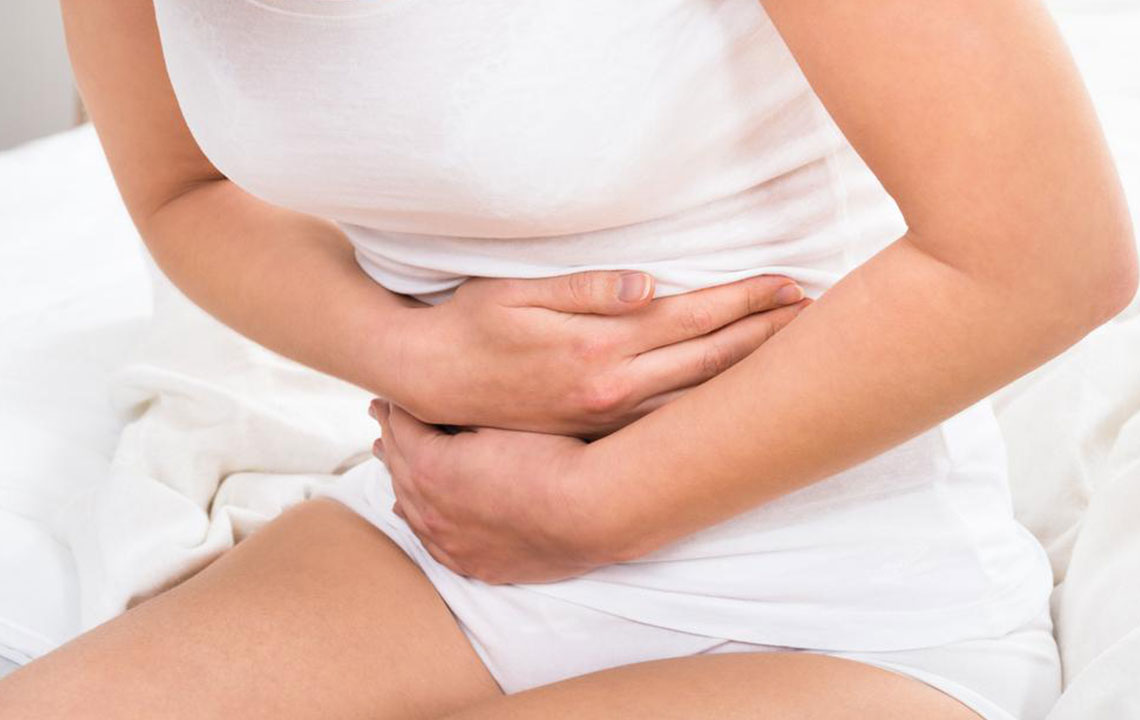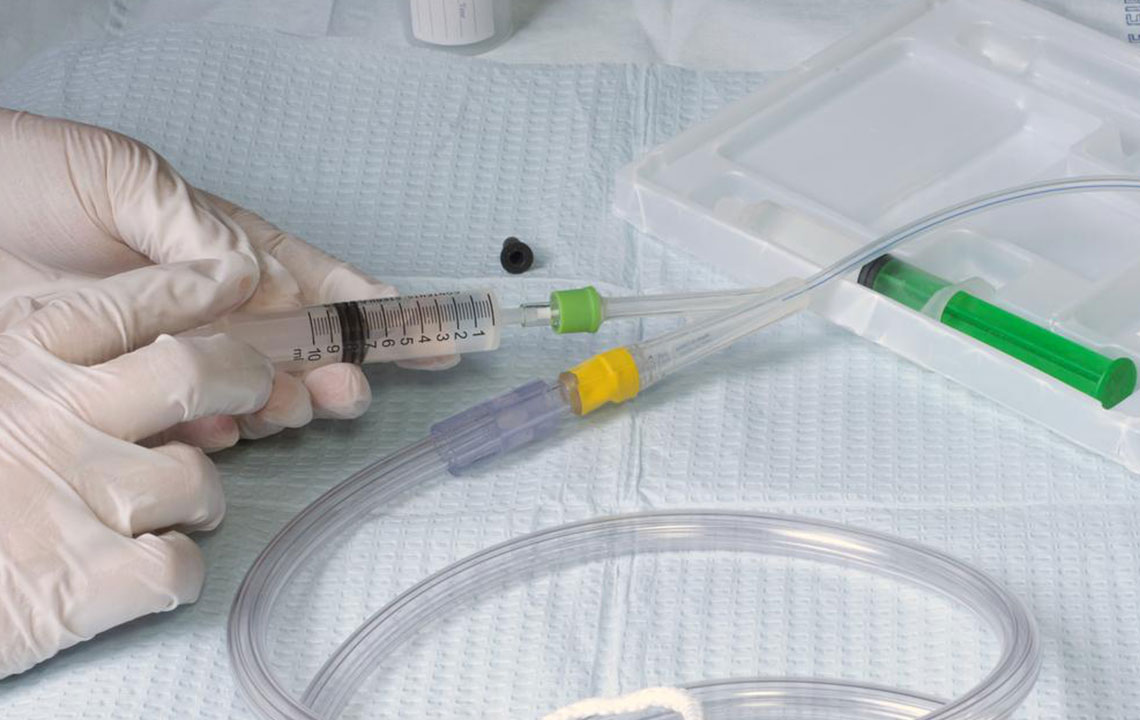Urinary incontinence in women
Urinary incontinence is a medical problem that refers to the loss of (or poor) bladder control. Women with reduced urinary bladder control can experience loss of urine during physical activities or have the sudden urge to urinate.
Causes
Urinary incontinence can occur for many reasons.
- When the brain sends weak signals to the bladder, it can cause urinary bladder control problems.
- If the bladder muscles do not work properly, urinary incontinence can occur.

Risk Factors
- Congenital disabilities in the urinary tract
- Hereditary reasons
- Childbirth (causes weakening of the pelvic muscles)
- Pregnancy (excess pressure on the bladder from the uterine wall)
- Menopause
- Obesity
- Neurological problems (stroke, spinal injuries)
- Pelvic organ prolapse (causes sagging or shifting of bladder from its position)
Diagnosis
To diagnose urinary incontinence, your doctor may conduct a physical exam, ask about your medical history and order some tests.
- The physical examinations may include pelvic or rectal exams to test muscle strength or stool obstruction.
- To understand your medical history, the doctor may ask about your diet, medication use and incidents of accidental urine loss.
- Urinalysis is a test to check for proteins or blood in the urine. It can help the doctor identify the real cause of urinary incontinence or any urinary bladder control problem.
- Urodynamic tests help to assess the health of the urinary system and muscles.
- Blood tests can reveal information about chemical imbalances or kidney problems in the body.
Treatment
Treatment options for urinary incontinence can include medication and lifestyle modifications.
- The doctor may prescribe medicines to treat the underlying cause of urinary bladder control problems such as urinary tract infections and injuries.
- Lifestyle and dietary changes such as consuming more fibre and less caffeine and acidic foods; weight management, proper hydration are healthy habits to adopt for good bladder health.
- Kegel exercises that promote strong pelvic muscles can also treat and even help to prevent urinary incontinence.
Urinary incontinence can cause a lot of discomfort to women. But with timely medical help, it is treatable.
Disclaimer:
The content of the articles discussing symptoms, treatments, health conditions, and side effects is solely intended for informational purposes. It is imperative that readers do not interpret the information provided on the website as professional advice. Readers are requested to use their discretion and refrain from treating the suggestions or opinions provided by the writers and editors as medical advice. It is important to seek the help of licensed and expert healthcare professionals when necessary.




